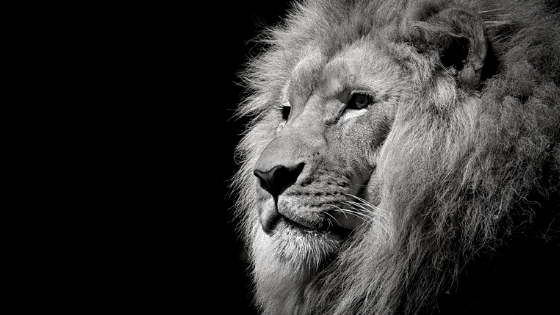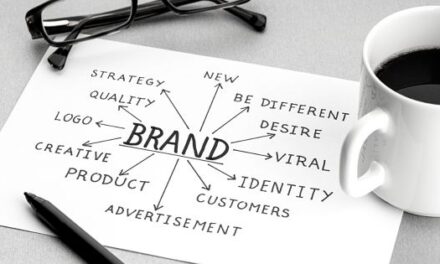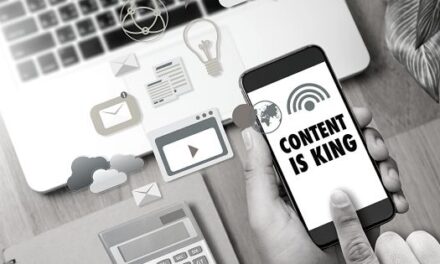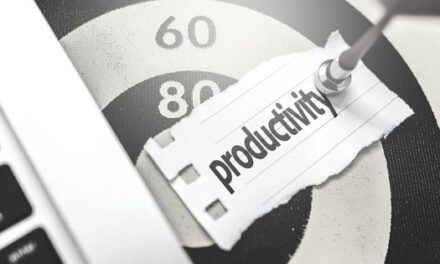Before any event I get nervous. It surprises me every time, even though I have been doing work with people since I was 17. My inner voice kicks into gear and I start worrying I worry about the event being good enough, about clients getting enough value, about feeling worthy.

Over the years I have to recognise this voice for what it is: a good-intentioned defensive mechanism that is not that helpful if I am to step into something bigger.
In my conversations with leaders, I have heard many lament their lack of confidence in multiple areas: confidence to speak up, share ideas, get to know people, delegate better, do presentations, ask for a promotion, leave a job, ask if people would like their services, launch a new program, approach people for new business. The list of things people want confidence in is endless.
Here’s the thing. Wanting to be more confident is like wanting people to trust us more: the more we seek trust, or confidence, the more it eludes us.
That’s because confidence, like trust, is a BY-PRODUCT of what we do. We can’t actually work on our confidence. No matter how many times we tell ourselves to be more confident, or repeat endless affirmations, that is NOT what is going to give us the feeling of confidence.
What we need instead is COURAGE.
Courage leads to confidence.
Repeated small acts of courage give us the evidence to know we can survive even the most difficult of circumstances.
Say hello to a stranger at a networking event. Ask a question in the meeting. Learn something new. Share a concern. Admit a mistake. Apologise. Say thank you to someone. Ask someone for help. Join a new club. Volunteer for more responsibility. Take on a new challenge. Drive a different way to work.
Hover on the edge of uncomfortable until it becomes comfortable.
Repeat.
This is how we build confidence. What was once discombobulating becomes easy.
Here are some mental frames to help embed this principle.
What people think of us is none of our business.
There are a million things that affect how an individual perceives a person, object, or experience. Something we do or say may remind someone else of a long-ago incident where the neighbour’s visiting friend tossed away a casual remark that cut them to the bone all those years ago. We get tarred with the same brush, often subconsciously. Again, it’s none of our business.
Stop spending so much time in other people’s heads.
We get caught up in worrying about what other people think about us. The truth is that people don’t care about us as much as they care about themselves. Besides which we will never really know what is going on inside another human being’s mind yet. (Neuralink is working on this!)
The more time we spend worrying about what someone else thinks, the less time and energy we have to focus on how we are showing up. How we show up, pay attention, and contribute matters. Spend energy on that.
Be a gift.
We all have experience that can help someone else. Many of us do not value that. Yet we know the value of a kind word. Of appreciation. Of gentle encouragement. Of enthusiastic praise. When someone said and saw something in us we did not yet see in ourselves.
We know the gift of seeing someone else be courageous. It lifts our spirits. We feel the gift of witnessing an act of generosity. It makes us feel good about being human.
Stop holding back. Who are we not to share? Be that gift for someone else.
Where do you want more confidence? What small acts of courage could you take now to build the courage muscle?






















